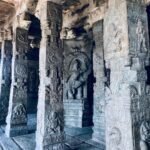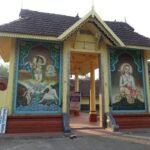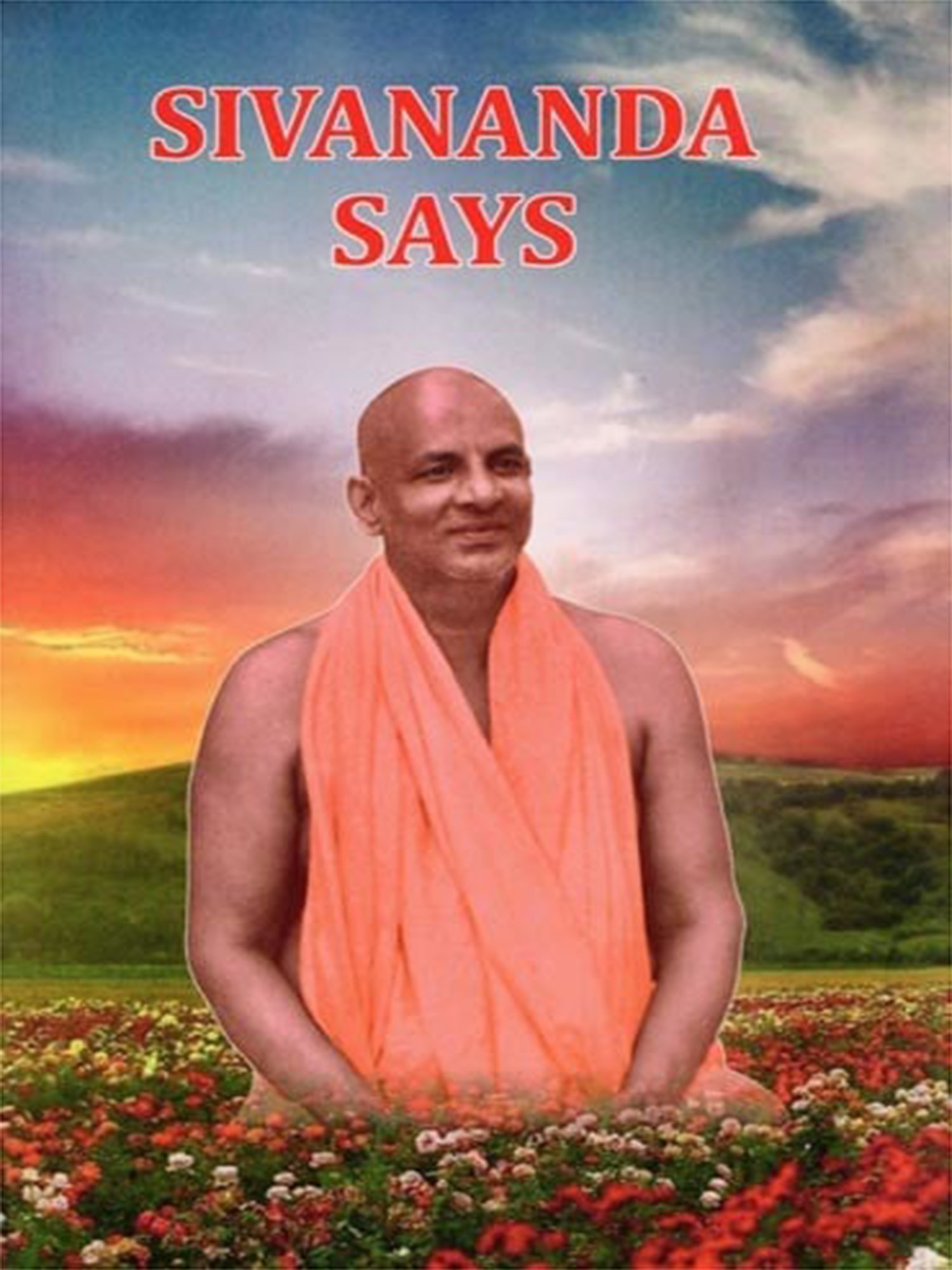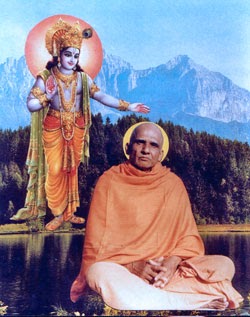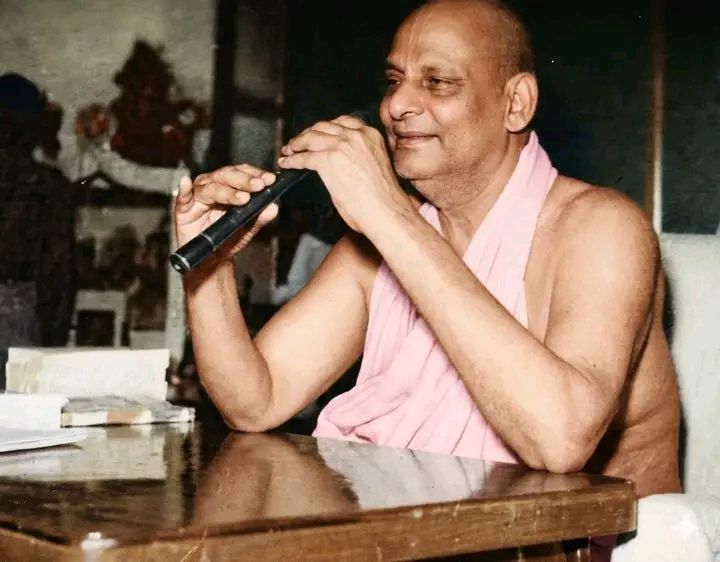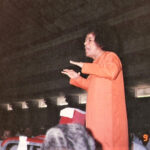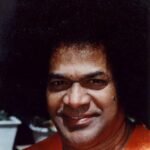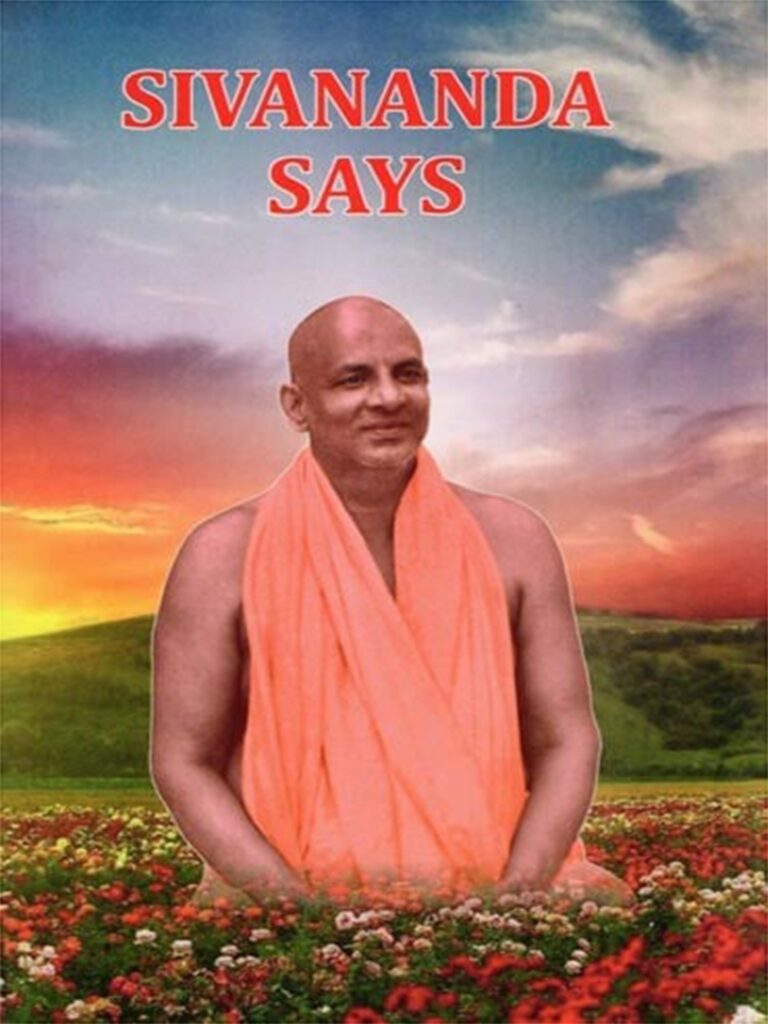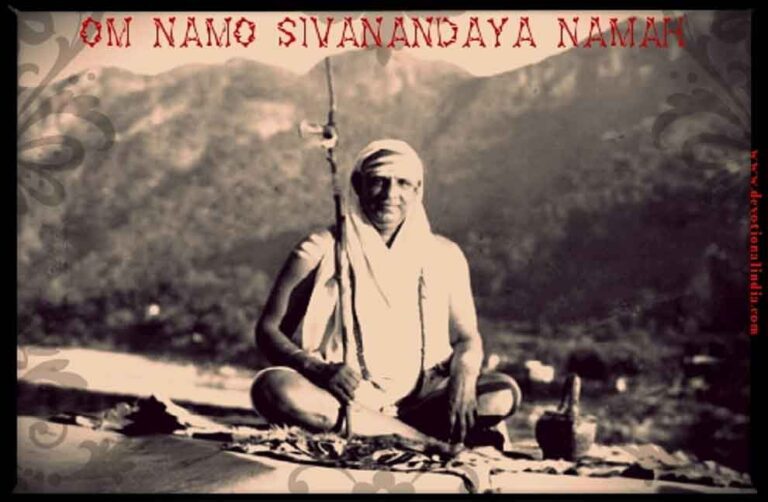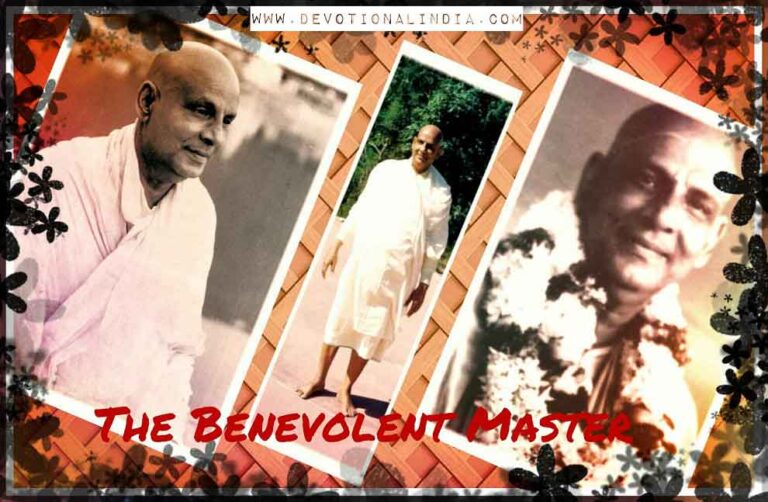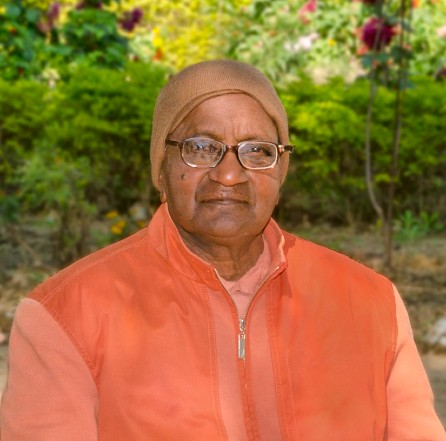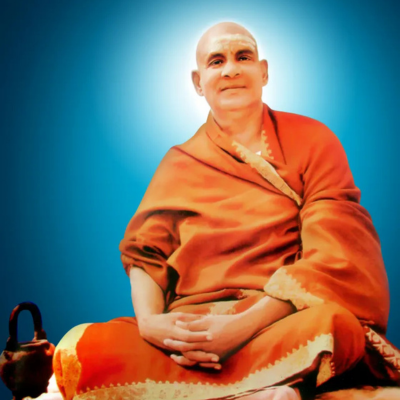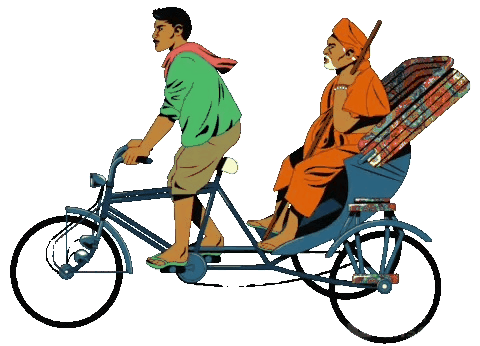summer showers in (1995)
summer showers in (1995)
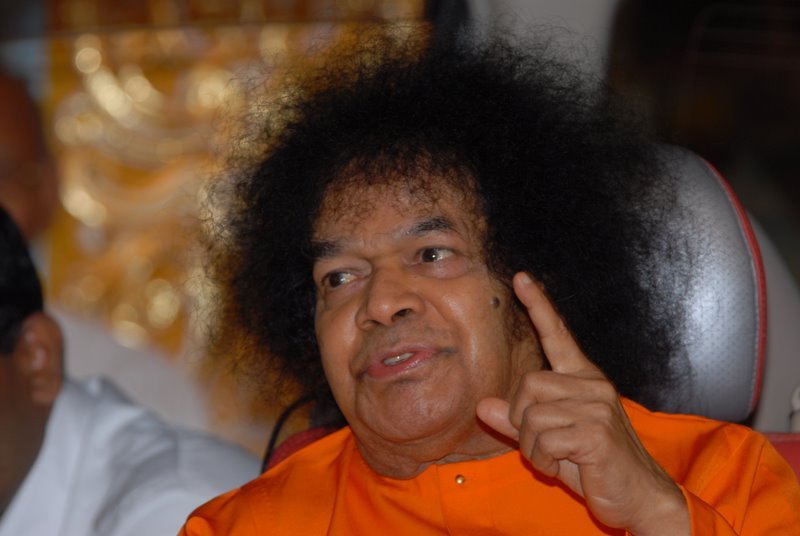
Summer Showers 1995 is a collection of twelve discourses delivered during the Summer Course on Indian Culture & Spirituality in Brindavan, focused on the Srimad Bhagavatam, one of the great Puranic texts of India. The themes weave together mythic narrative, spiritual ideals, ethics, and education so as to guide students toward realizing their inner divinity and living lives grounded in value. The volume opens with “Mother and Motherland Are Greater Than Heaven,” in which Sai Baba elevates love for one’s land and culture almost to sacred duty, urging youth to recognise that homeland is like a mother, culture like a father, and that without this foundational respect, other achievements lose their grounding.
From there the discourses explore “Science and Spirituality,” where Baba reconciles the pursuit of scientific knowledge with spiritual wisdom, pointing out that visible phenomena depend on invisible principles, and that a truly educated person is one who can perceive not only what is seen, but also the roots, causes, and unseen values that underlie reality. As the Bhagavatam stories unfold — with narrations of Krishna’s birth, the devotion of Dhruva, the steadfastness of Prahlada, the innocence of Gopikas and the playful love of Gopalas, and the youthful years of Krishna and Balarama — each story is spun out not merely as myth, but as archetype and teaching: the surrender of ego, courage in adversity, compassion, truth, humility.
For instance, the discourse on Prahlada emphasizes that unwavering faith even in face of trials ennobles character; the narrative of Dhruva shows how aspiration toward God gives strength to overcome worldly limitations. Interspersed with these divine tales is “The Essence of Education,” a closing discourse that brings together all the earlier lessons into practical life: education is not mere accumulation of facts but the cultivation of human values — truth, righteousness, peace, love, non‑violence — which reflect the essence of the Self (Atma).
Sai Baba repeatedly pleads with students to transcend superficiality: not to let knowledge be sterile, bookish, or competitive, but to let it become service, compassion, self‑inquiry. He warns that knowledge without character is like a lamp without oil: it appears bright, but cannot shine. The stories of devotion, sacrifice, steadfastness from the Bhagavatam are shown to be alive in each student’s life when they cultivate humility, obedience, selfless love.
The volume also stresses the concept of invisible power — things like love, faith, values — that cannot be measured yet form the root of all visible excellence. Sai Baba’s voice is both elevated and intimate: elevated because he draws on cosmic myth and sacred text; intimate because he addresses students personally, urging them to make each discourse a mirror, to look within, to act out of love.
Through myth, philosophy, and earnest challenge, Summer Showers 1995 seeks not only to inform but to transform — to lead students from admiration of spiritual ideals to direct experience of them, from external forms and knowledge to internal living, and from self‑concern to service with love. In this way the Srimad Bhagavatam becomes for Sai Baba not only a story of God and devotees, but a living text for character, for devotion, and for walking in the divine path every day.


